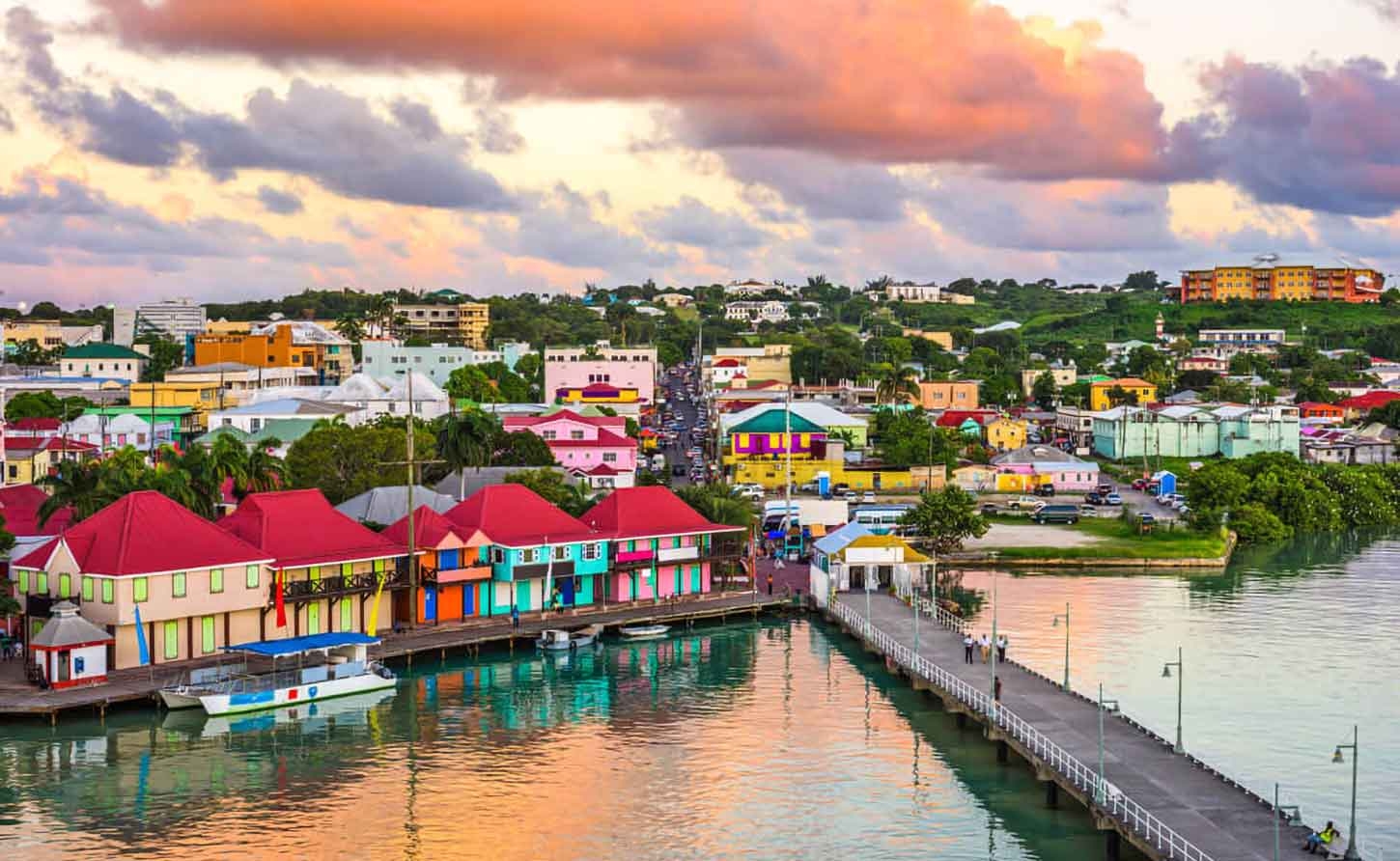ANTIGUA | IMF Projects Growth Slowdown for Antigua and Barbuda

ST. JOHN'S, Antigua - In a sobering forecast that signals the end of the post-pandemic tourism surge, Antigua and Barbuda faces an economic cooldown that could test the twin-island nation's resilience in the coming year.
The International Monetary Fund's (IMF) latest economic report said the public debt to GDP ratio has declined from its pandemic high, from around 100 percent in 2020 to an estimated 76 percent in 2023, reflecting the economic recovery and an upward revision to nominal GDP from a rebasing of the national accounts statistics.
However, cash constraints continue to bind, and domestic and external arrears are substantial. Fiscal adjustment is needed to create space to clear arrears and prevent their reemergence. The timely completion of the authorities’ validation of domestic arrears, development of a comprehensive arrears clearance strategy, and close engagement with creditors and domestic suppliers, will be essential for restoring debt sustainability.”
Real GDP growth is estimated at 4.2 percent in 2023, returning the country to pre-pandemic real output levels on the back of strong construction activity and continued growth in tourist arrivals.
In 2024, growth is projected to be temporarily higher. Growth in 2024 is expected to accelerate to 5.8 percent, boosted by Antigua’s hosting of the UN’s Small Island Developing States Conference and co-hosting of the T20 Cricket World Cup. Inflation rose to 6.0 percent in April 2024, from 3.3 percent at end-2023.”
“The 2024 budget represents important progress towards stronger fiscal buffers. Given Antigua and Barbuda’s high debt and financing needs, and susceptibility to external shocks, measures to improve the fiscal position are critical to help reduce vulnerabilities.
The 2024 budget includes a package of revenue measures—in particular, increasing the standard ABST rate and broadening its base, introducing excise taxes on alcohol, tobacco, and cannabis products, and raising property taxes for high-end properties—that is expected to improve the fiscal position by around ½ percent of GDP in 2024.
Room remains to strengthen the fiscal position further, including through closer adherence to the cap on discretionary tax exemptions, and continuing the recent efforts to enhance expenditure commitment controls.”
“Credit market developments reflect the broader pickup in activity. Bank credit to the private sector rebounded by 7 percent in 2023, after contracting in the previous two years. Credit unions have expanded rapidly over several years, with loan growth moderating to around 8 percent in the year through 2024Q1.
Non-performing loans for both banks and credit unions, as a share of total loans, are modestly above the prudential level of 5 percent. Stronger oversight and regulation of credit unions, including through risk-based capital requirements, would promote a level playing field across the financial sector and support asset quality.”
This downturn positions Antigua and Barbuda as a laggard among its Eastern Caribbean neighbors, according to the IMF's October 2024 Regional Economic Outlook for the Western Hemisphere.
“Further work is needed to address persistent data gaps. The statistical authorities have made efforts to update the national accounts and improve data quality. Ensuring
sufficient resources for completing the Population and Housing Census, the Producer Price Index and the 2023 Labour Force Survey, and reporting on the financial operations of state-owned enterprises, would facilitate evidence-based policy making and transparency.”
While St. Kitts and Nevis is poised to lead the region with 4.3% growth, followed by Dominica at 4.2%, St. Vincent and the Grenadines at 4.0%, and Grenada at 3.9%, Antigua's prospects appear more modest.
Meanwhile, Guyana's oil-powered economy continues its meteoric rise, with projected growth of 14.4% dwarfing its regional counterparts.
Yet, beneath the headline figures, the economy shows signs of underlying stability. Steady remittance flows continue to provide a crucial economic lifeline, while domestic consumption remains robust.
-30-
In a silver lining for consumers, the report forecasts inflation to ease from its 2023 peak of 8.9% to a more manageable 6.1% by 2025, as global commodity markets find their footing.
However, storm clouds loom on the horizon. The nation faces a triple threat of potential disruptions: volatile commodity markets, tightening global financial conditions, and the ever-present specter of climate-related disasters that could derail economic progress at any moment.
In response to these challenges, the IMF has prescribed a delicate balancing act, calling for "growth-friendly fiscal consolidation" - a strategy aimed at strengthening public finances while preserving critical investments in infrastructure and social programs.
The international body emphasizes that the path forward requires careful navigation through policy reforms, focusing on enhancing business conditions, labor market flexibility, and strategic public investment.
As local stakeholders digest these recommendations, the pressure mounts to implement reforms that will safeguard the nation's economic future.
The challenge now lies in maintaining Antigua and Barbuda's appeal to international tourists while creating sustainable employment opportunities for its citizens - a complex equation that will test the mettle of policymakers in the years ahead.
-30-
